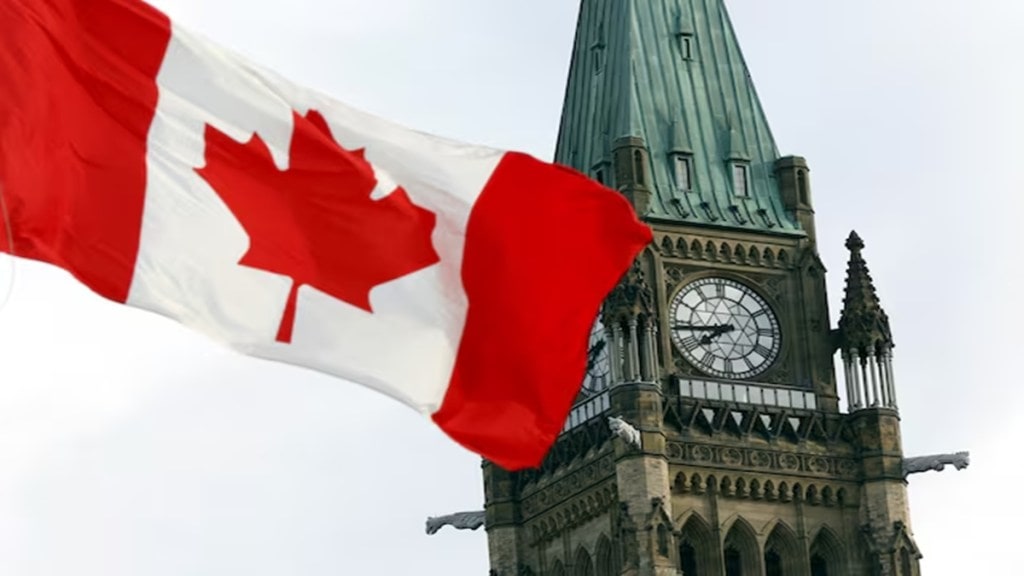The rejection rate for Indian students applying for a Canadian study permit has reached alarming levels. BorderPass data showed, four out of five Indian students who applied for a Canadian study permit were rejected in Q2 2025, making them the group most affected by the rising number of rejections, reported The PIE.
Even though Indian students account for 40% of Canada’s international student enrollment, 80% of study permit applications filed by Indian students have been denied so far in 2025.
The BorderPass data shows a 26% drop in approvals for Indian students in Q2 compared to Q1.
Study Permit Rejection Data
Canada has rejected nearly two in three study permit applicants filed in 2025. With the IRCC rejecting over two-thirds of applications this year, Canada’s study permit refusal rate has reached its highest point in more than ten years, reports The PIE.
BorderPass data shows Q2 2025 saw 50,710 study permit applications, down slightly from Q1’s 54,260. But despite the dip, approvals jumped by 4,450, leading to a 10-point increase in the national approval rate (from 25.00% to 35.53%).
This suggests a growing divide in quality: fewer applications overall, but stronger ones getting through, according to BorderPass.
Government figures obtained by The PIE show 62% of applicants were refused a study permit from January to July this year, with record-high volumes “raising urgent questions about transparency and application readiness,” said ApplyBoard.
The number of new international students coming to Canada has been falling since the beginning of 2025. Between January and June 2025, 214,520 fewer people arrived in Canada than during the same time in 2024.
This is an over 70% fall in the number of international students. Canada had implemented study permit caps, which is likely the reason for such a high rejection rate.
Approval ratings have fallen to 38% so far this year, from 48% in 2024 after Canada’s study permit limitations were put in place, despite a decade of comparatively stable ratings that hovered around 60%.
Immigration Plan
In 2024, Canada imposed an annual cap on study permits for foreign students, and in 2025, it announced a further 10% cut.
The Canadian government stated in January 2024 that it will cap the number of applicants for overseas student permits for two years. In addition to relieving pressure on rental markets with a large student population, this move decreased the number of international students entering Canada by almost 40%.
The most frequent reason for rejection in 2024 was the belief held by IRCC officers that students would not leave Canada after completing their studies, which was mentioned in more than 75% of cases, as institutions prepare for sharp drops, finds ApplyBoard investigation.
Canada more than doubled its proof-of-funds requirements from $10,000 in 2023 to $20,635 in 2024. Beginning September 1, 2025, students will be mandated to demonstrate over $2,000 in additional funds. The minimum required funds for a family of one, including first-year tuition and travel costs, will rise from $20,635 to $22,895.
